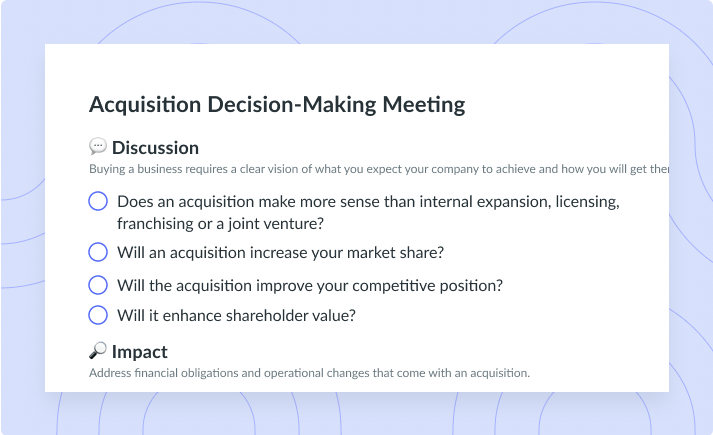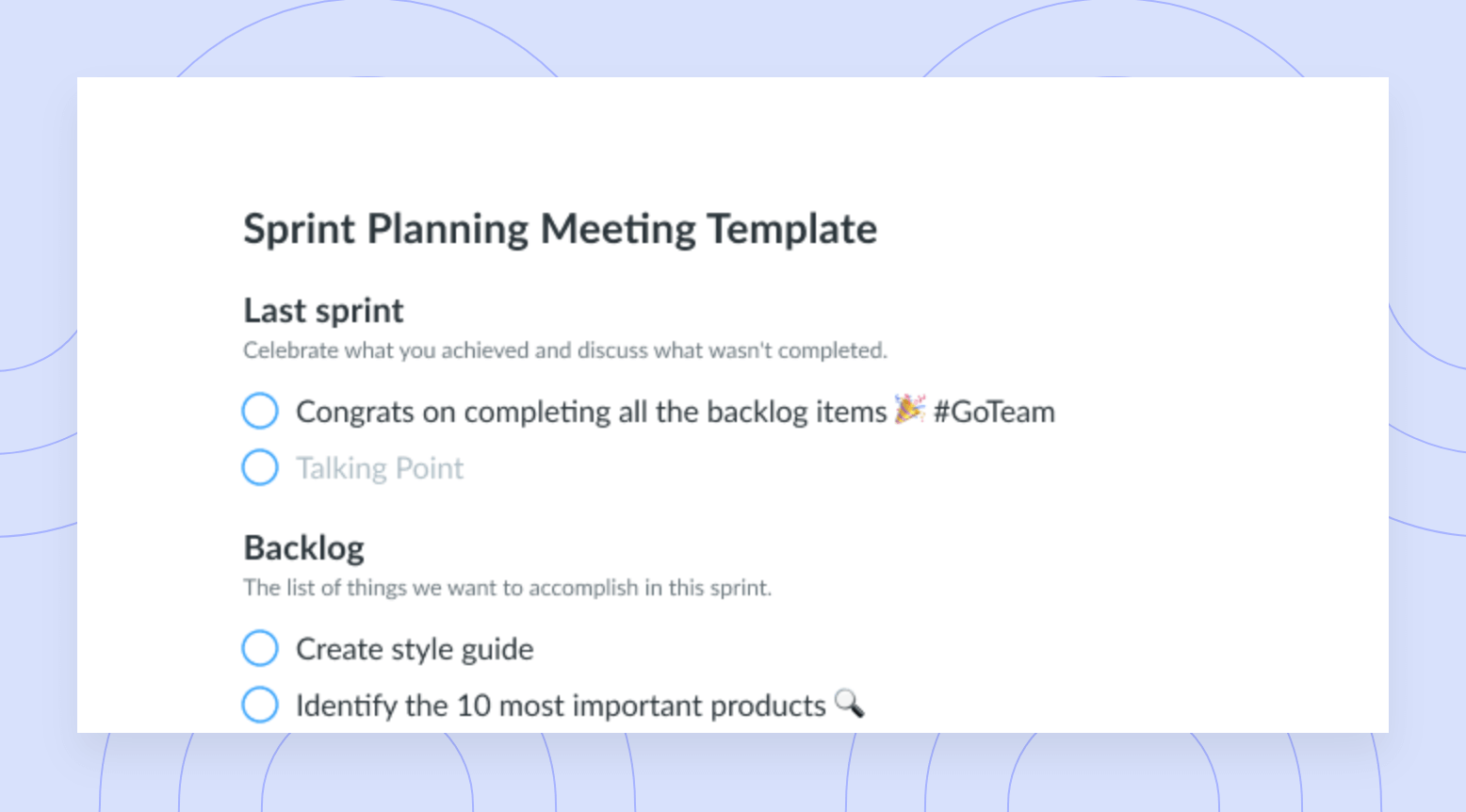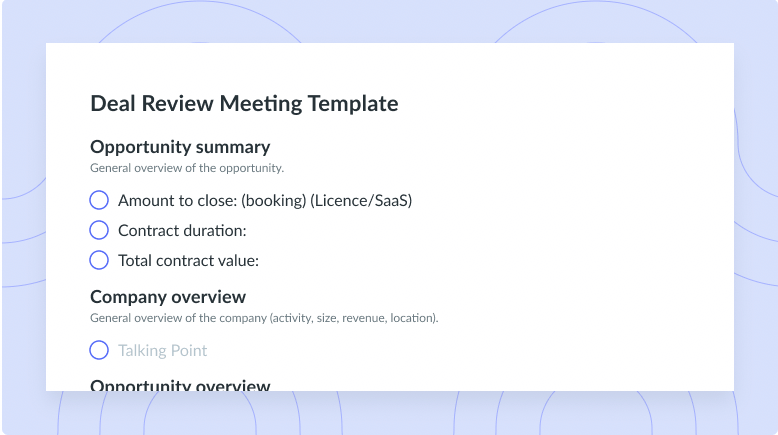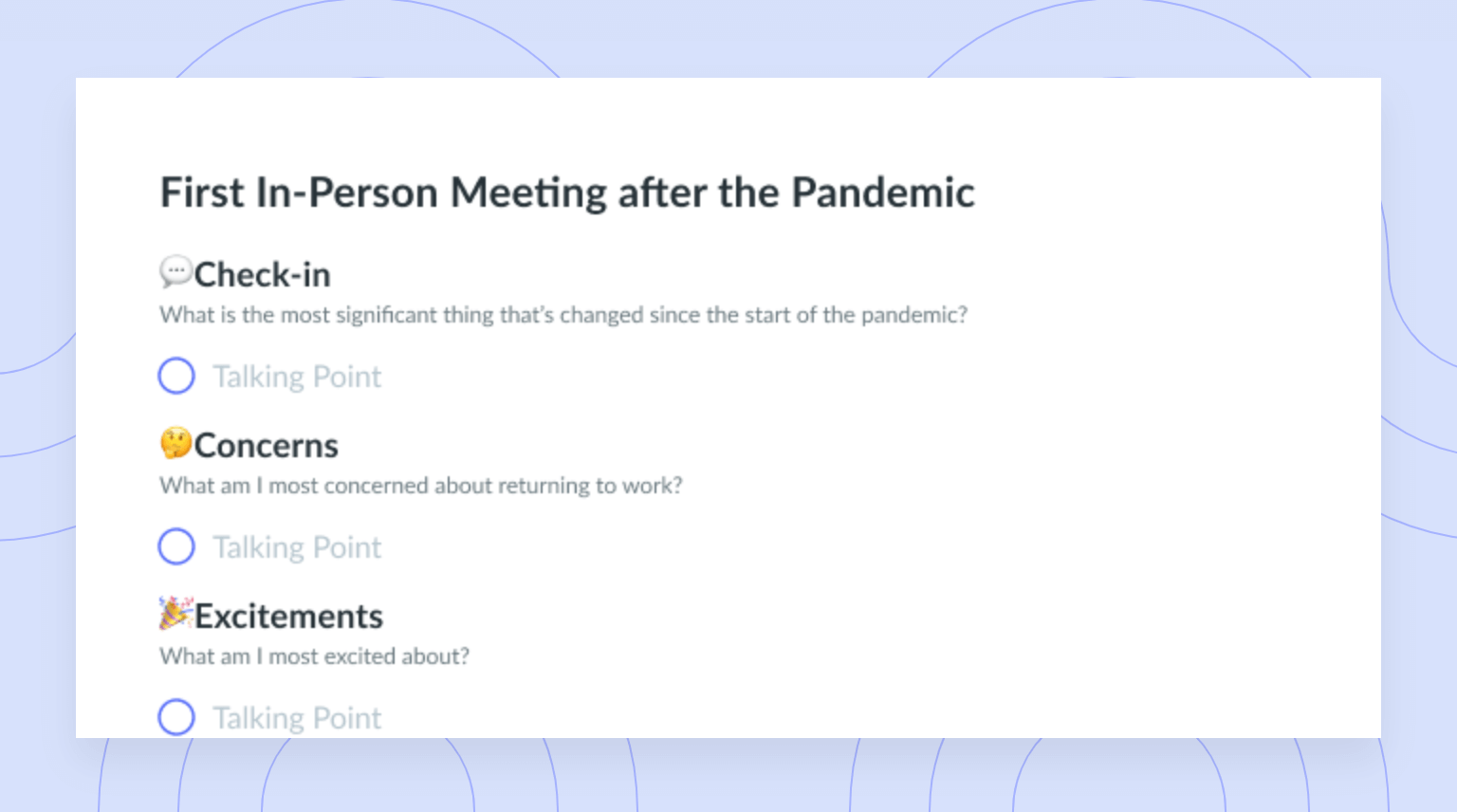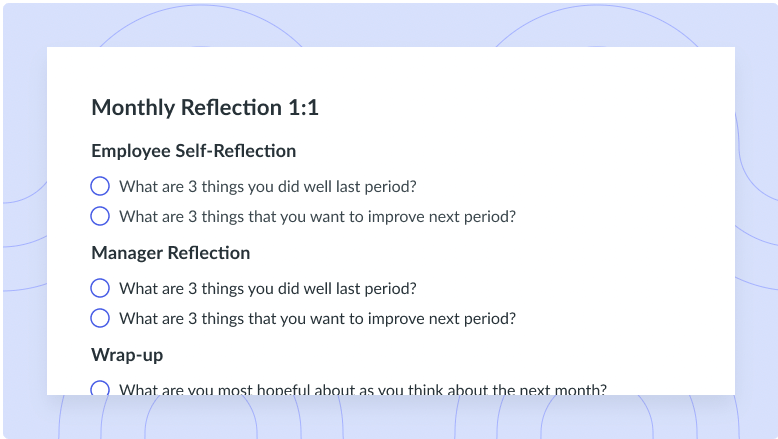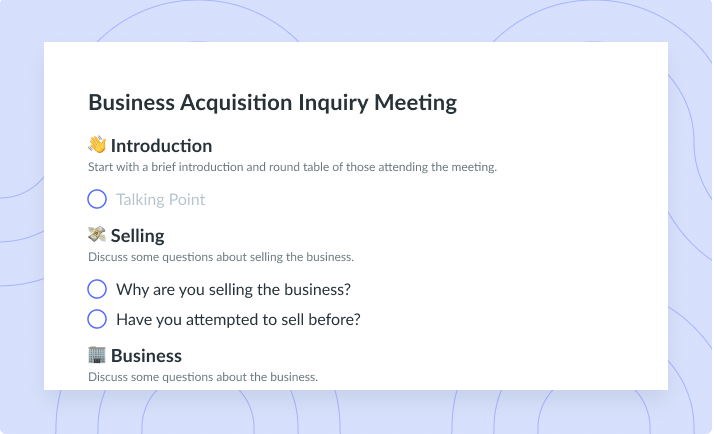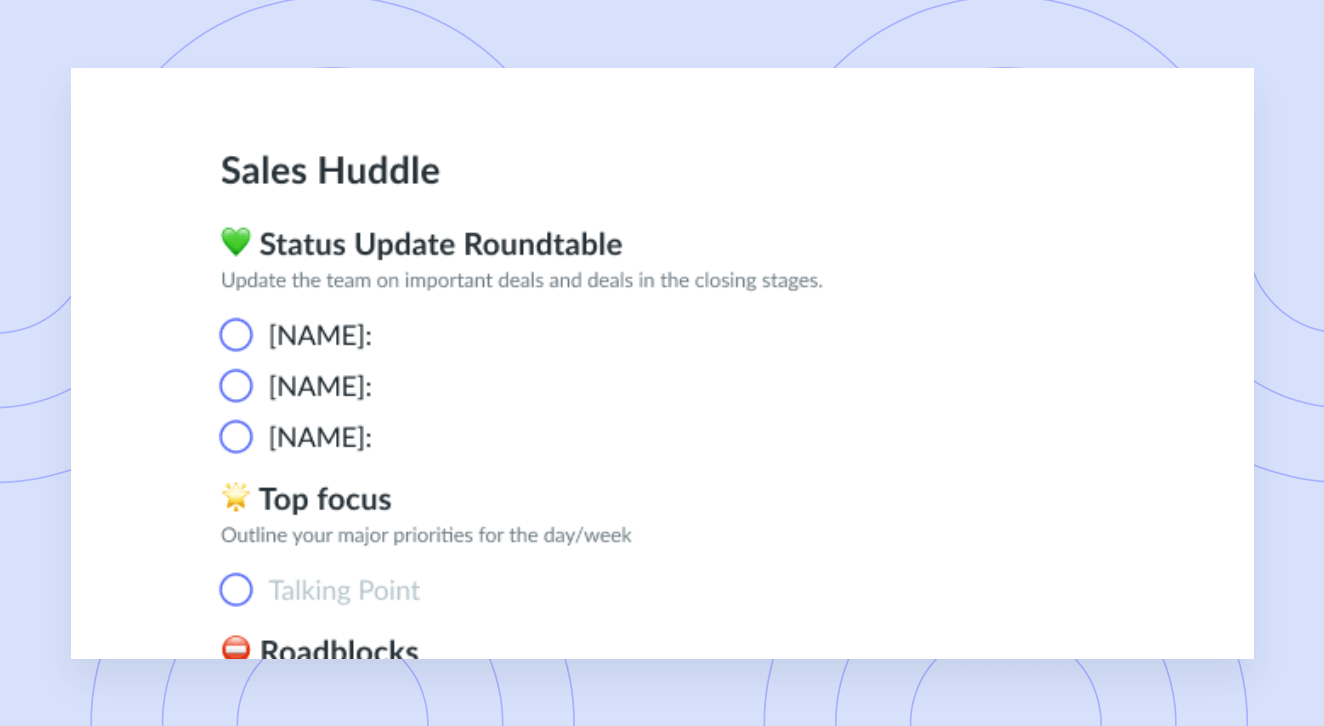Considering Going Back to an Old Job? 3 Things to Consider First
Returning to an old job is a big choice. There are a few things you should consider before taking the leap.
So, you’ve finally left your old organization for greener pastures, dead set on advancing your career. Settling in with your new employer goes well, but over time, the quirks of the new job start rubbing you the wrong way. These problems never occurred in your previous role, so you seriously start considering applying again. But is going back to an old job really a good idea?
Like most things, going back to an old job has its pros and cons, and it’s not a decision to make lightly. Below are a few things to think about before you make the call.
- Is going back to your old job a good idea?
- 3 Things to consider before going back to an old job
- Signs you should go back to an old job
- Signs you shouldn’t go back to an old job
- How often do people go back to an old job?
- What do you say when returning to an old job?
Is going back to your old job a good idea?
The short answer: It depends. The long answer: Many factors go into whether returning to an old job is a good or bad idea, so you should decide for yourself. Reflect on, and remember why you left in the first place and ask yourself whether you’d really be better off working there again.
At the same time, you should be honest with yourself on what’s driving your decision, to ensure your motivations are aligned with making the right choice. Think about it like this: Better benefits or compensation alone isn’t a reason to go back to a job that you didn’t love. Sure, your old company might offer you a bigger paycheck, but you might pay a mental and emotional toll down the line.

Great meetings are just the start
Level up your meeting habits to boost engagement and productivity with a collaborative meeting agenda. Try a tool like Fellow!
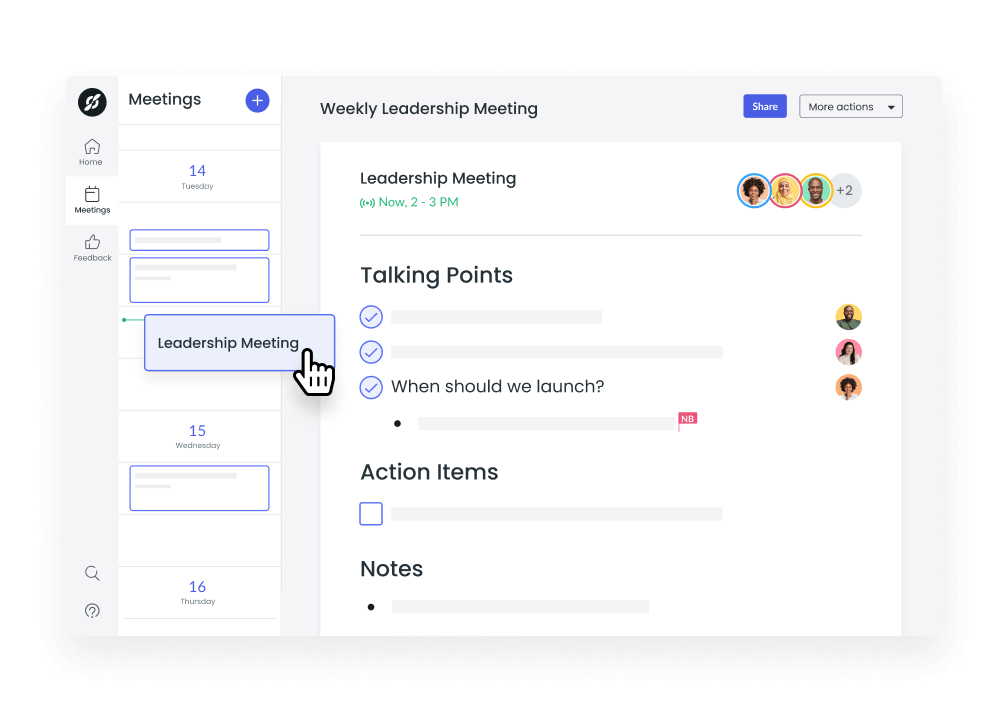
3 Things to consider before going back to an old job
When you’re considering going back to your old stomping grounds, it’s important not to rush into your decision. Leaving a job is a big process for you and your current organization. You might not have the energy to switch jobs a bunch of times, and the organizations you’re going between might not have the patience either. So to be sure you’re making the right choice, consider the factors below.
1Your reason for returning
Why do you want to go back to your previous employment? Are you uncomfortable with your new organization’s culture? Or are you not jelling with your new teammates? Whatever the reason, being able to point to something as the cause for a possible return is an essential first step. When you know why you’re unhappy where you currently work, you can make better, informed decisions about where you want your next role to be.
2Your other options
Even if you feel like you’re not a good fit for the new position, there are plenty of opportunities out there aside from your old job. And if you got hired once by another company, you could probably do it again. Make sure to seriously consider and explore all your options and see whether you’ll still make the decision to return back to an old job, once you’ve seen what’s out there.
3The reason you left the first time
If you’re thinking about going back, ask yourself: Why did you leave your old job in the first place? Job changes are a big deal, so you shouldn’t look at your old role through rose-colored glasses. If you left due to issues you had with the organization, that should factor heavily into your choice.
Signs you should go back to an old job
Leaving your current job is a big decision, so you might have some trouble making up your mind. Below are a few ways to know whether returning to a former employer is the better choice in the long term.
- The organization is now better aligned with your values
- A bad boss or team member leaves
- Your skills have improved
- You can advance further in your career
- Your old company wants you back
1The organization is now better aligned with your values
Most organizations aren’t stuck in stasis. The expectations that incoming team members have for their organizations often shift within the job’s industry. And maybe your old organization just didn’t meet your expectations or values. But maybe it’s solved that issue through changes in its internal operations and mission and vision statements. If you left your old job due to moral or ethical conflicts, a shift in values could be just the thing to draw you back.
2A bad boss or team member leaves
Nothing can drive away great team members like a toxic work environment. You could’ve enjoyed everything else about the job, but a challenging teammate or manager made it unpleasant enough that you left for greener pastures. If that person is no longer there, nothing’s stopping you from going, especially if the company culture was great minus that one pesky rascal.
3Your skills have improved
Maybe your former manager expected a lot from you but didn’t or couldn’t give you the resources to improve your skills. Maybe you’ve also learned those skills at your current job. That can make you highly valuable to your former organization if you go back. Time at a different company can provide unique experiences that can help you learn and grow.
4You can advance further in your career
Working with a new organization within the same field can seem like a great way to get new perspectives on your field. But what if you get stuck on the same rung of the ladder for years? That might mean it’s time to go back to your old job. If you could’ve gone further there than where you are now, it might be time for a plan to go back.
5Your old company wants you back
If your old boss comes to you with an offer, it’s often a sign of how much they valued you in your position. It’s the kind of recognition you won’t get at every organization, so it’s often worth its weight in gold. That’s not to say you have to jump at the opportunity, but definitely think about it! Getting an offer from your old organization often means they want to be flexible with you and make your work life comfortable.
Signs you shouldn’t go back to an old job
You now know the signs that you should go back to an old job, but what about signs that you shouldn’t? Chances are you’re getting both at once, so recognizing them both can help you make a better decision. Here are some reasons to stay put instead of going back.
- You’re looking at your job through rose-tinted glasses
- You’re paycheck-driven
- Perceived lack of options
1You’re looking at your job through rose-tinted glasses
Nostalgia can play some nasty tricks on the mind. Logically, you know you left your job for a reason. But as you get farther away from your old job (in time if not distance), you might get a rosier view of your time there. If your old organization turns up with a new offer, making a judgment through rose-tinted glasses could put you right back into a bad spot.
2You’re paycheck-driven
There’s no denying that money is nice, but it shouldn’t be your only motivation. Sure, your old organization could come back with an offer that includes a much higher salary. But you should always ask yourself if the extra money is worth putting up with the work environment that you left. Is the extra wallet padding really worth the day-to-day stress?
3Perceived lack of options
The job hunt can be long and brutal, to the point where it can make you reconsider your decision to leave. Instead, it might be better to double down on your search. The job market might be a little hectic at the best of times, but there are usually at least a few openings. You shouldn’t feel you need to return to (or stay in) a job you don’t enjoy because there’s nothing else out there.
How often do people go back to an old job?
According to a Workplace Trends study, 15 percent of employees end up going back to their old organizations. These team members are often called “boomerang employees,” and 40 percent of employees have considered boomeranging in the past.
On top of that – perhaps due to the Great Resignation – 76 percent of HR representatives have become more open to hiring boomerang employees. That might be because there’s less risk to hiring someone who already knows the job than bringing on a total newbie. Of course, that comes with a gamble for your old organization if you left on less than good terms. But if you’re determined to go back, there’s probably a way to work it out.
What do you say when returning to an old job?
When you’re going back to an old job, you should say why you left the company in the first place. At the same time, don’t put the organization or your old team members in a bad light. You should also treat your new round of interviews like any other job interview. Showcase the experience you’ll bring to the table, and focus on what you’ve learned that makes you an even better fit now.
Returning to work with old team members can be a bit more casual. The company culture could have shifted while you were away, and reintroductions might be in order. But as long as you keep the conversation positive, it could be like you never left.
Find success no matter where you work
Whether you’re sticking with your current job or taking a chance on the old one, you’ll likely have a lot of meetings. Those could be regular meetings with your current team or training meetings with your old team. Fellow’s professional meeting tools can help you make the most out of both. With collaborative meeting agenda creation features, real-time note-taking tools, and professionally crafted meeting templates, you can be indispensable no matter where you go.




![Choice Overload: 6 Ways to Deal with It [+ Free Templates]](https://fellow.app/wp-content/uploads/2022/07/Choice-Overload-2.jpg)




